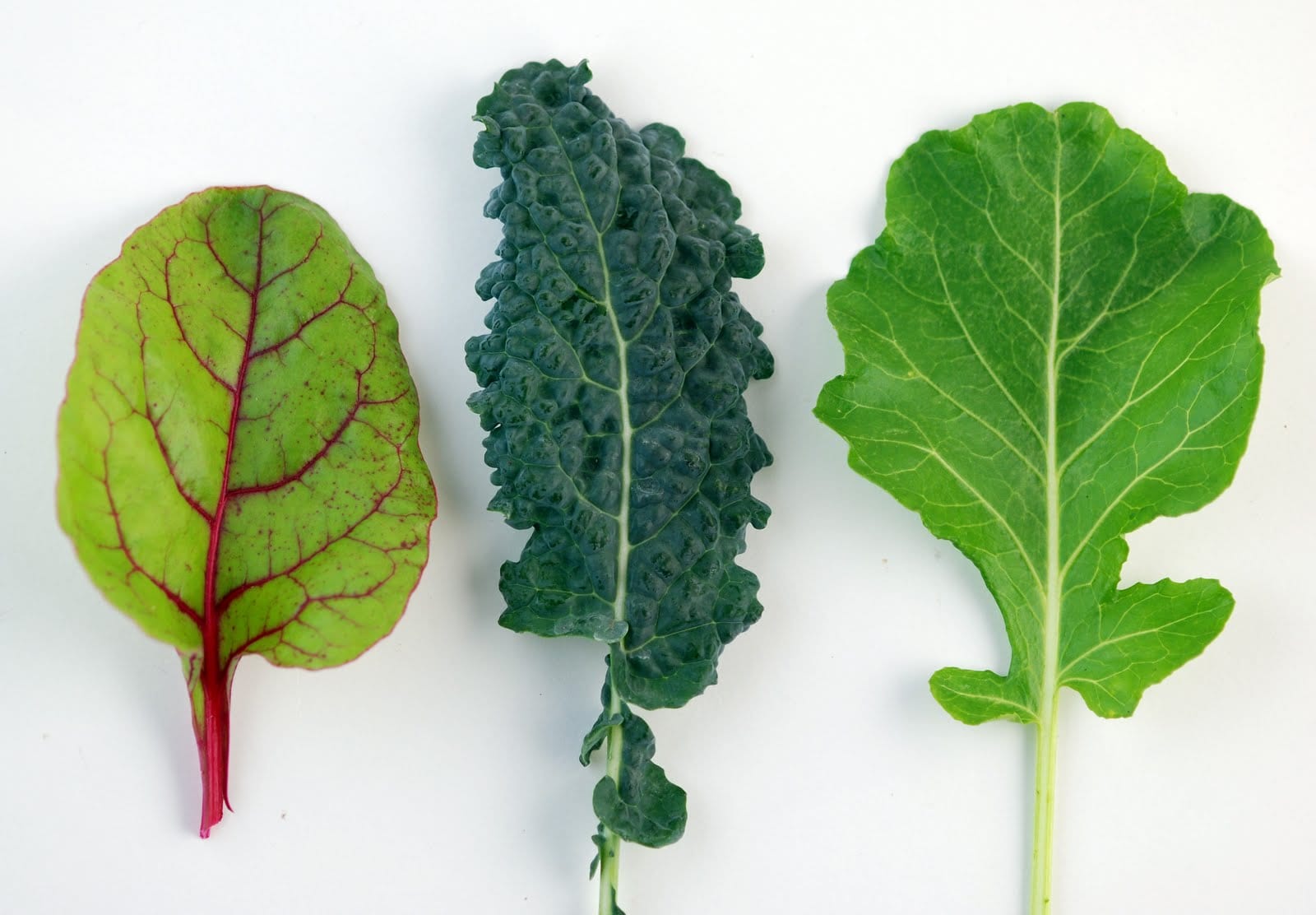The Australian Competition and Consumer Commission (ACCC) has rejected AGL Energy’s proposal to buy Macquarie Generation from the New South Wales government, after an agreement was reached in February over the sale of the state-owned coal-fired generation assets. As we wrote here last month, AGL announced on February 12 it had won the bidding for the largest coal generator in NSW, with an offer of $1.5 billion. The move is consistent with the utility’s 2012 purchase of the biggest brown coal generator in the country, Loy Yang A in Victoria.
But expanding its coal power assets by another 4.6GW is not consistent with AGL’s comparatively positive and progressive attitude to solar and wind energy. Nor does it look good against the backdrop of increasingly shrill warnings about the investment risk attached to coal assets. Indeed, AGL was quizzed by analysts over whether the purchase price of the MacGen assets would stack up if more aluminium smelters closed down and if the RET remained unchanged. For now, however, the ACCC has put paid to AGL’s latest coal plans. The energy company says it will review the reasons for the decision and make a statement about what actions, if any, it will take in response.
In other news…
The ACT Australian CleanTech Index has underperformed both the S&P ASX200 Index and the S&P Small Ordinaries in February, ending a seven-month run of outperformance. The Index still remains ahead over the last six and 12 months, however, led by the performing sub-indices for the month: the ACT Geothermal Index, with a gain of 1.2 per cent; and the ACT Waste Index, with a loss of just 0.6%. The two weakest sub-indices through February were the ACT Biofuels Index which recorded a loss of 9.7% and the ACT Water Index recording a loss of 4.5%.
The proposed expansion of Queensland’s New Acland open-cut coal mine, from 4.8 million tonnes per annum (Mtpa) to up to 7.5 Mtpa, overstates potential labour and economic benefits, while ignoring risks to envirnoment and health, a report has claimed. In a submission to the Queensland government today, The Australia Institute describes the economic modelling used in the coal mine expansion proposal as “deeply flawed” and “designed to overstate potential benefits” while neglecting impacts on air quality and health. “Claims that this project could inject $17 billion into the Queensland economy are completely untrue,” the submission’s author, Rod Campbell, writes. Campbell argues that the cost of particulate pollution is carried through to the economy in increased health costs and reduced worker productivity. “Until the New Acland project can show that the royalties it would generate outweigh the damage that it will cause to agriculture in the Darling Downs, the project should be rejected,” he said.










